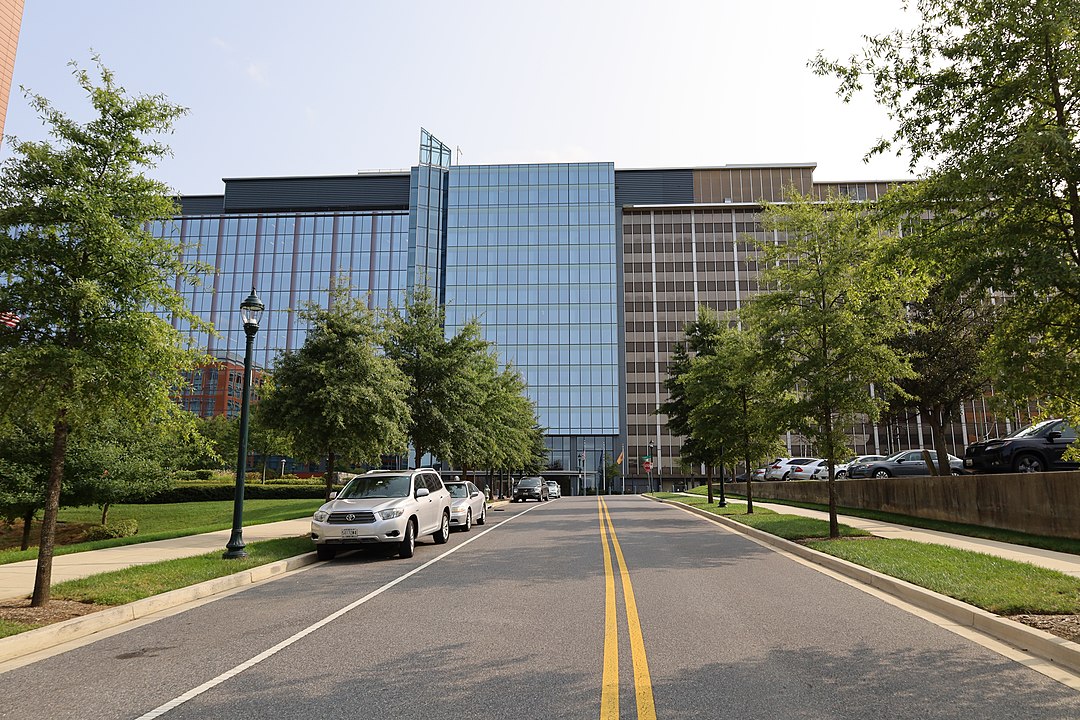
- Details
- By Kelsey Turner
On Wednesday, the House of Representatives passed a $1.5 trillion omnibus spending bill, a package that provides funding for federal agencies through the rest of the fiscal year. The 2,741-page bill includes $6.6 billion for the Indian Health Service (IHS) for FY2022, a 6.3% increase from last year’s enacted funding, according to a policy alert by the National Council of Urban Indian Health (NCUIH).
NCUIH noted that though the increased funding for IHS “demonstrates a strong bipartisan commitment from Congress to improving health outcomes for American Indians and Alaska Natives,” the final amount “still falls well short of fully funding the Indian Health Service to properly provide health care services for all American Indians and Alaska Natives in the United States to meet the trust responsibility. Additionally, the bill does not include Advance Appropriations despite robust advocacy from Tribes and Urban Indian Organizations.”
The omnibus bill additionally authorizes $73.4 million for urban Indian health, a 17.13% increase from last year and the highest increase in the past 10 years. It also includes 2022 Violence Against Women Act (VAWA) reauthorization with tribal and urban Indian provisions.
Want more Native News? Get the free daily newsletter today.
Originally, the legislation included $15.6 billion to manage the COVID-19 pandemic. But disagreements over the pandemic-related provisions led House Speaker Nancy Pelosi to remove the COVID-19 funding from the spending package. House Democrats hope to pass the pandemic relief in a separate bill next week.
The omnibus bill now goes to the Senate. To avoid a government shutdown, Congress hopes to pass the legislation before midnight Friday, when existing federal funding expires. NCUIH said it will continue to monitor developments and provide more in-depth analysis as legislation continues to move forward.
The package includes the following NCUIH priorities for urban Indian health:
- $73.4 million for urban Indian health for FY 2022
- Inclusion of UIOs in the 2022 VAWA reauthorization
- $30 million annually from FY23-FY27 for grants for Creating Hope Through Outreach, Options, Services, and Education for Children and Youth (CHOOSE Children & Youth) grants to enhance the safety of youth and children who are victims of, or exposed to, domestic violence, dating violence, sexual assault, stalking, or sex trafficking and prevent future violence.
- UIOs added as eligible entities.
- UIOs added as eligible entities.
- $10 million annually for a new 3-year program (FY23-FY27) to award grants for the clinical training of sexual assault forensic examiners to administer medical forensic examinations and treatments to survivors of sexual assault. Of the $10 million, there is a set aside of 15 percent for purposes of making grants to entities that are affiliated with Indian Tribes or Tribal organizations or Urban Indian organizations.
- UIOs included as eligible entities.
- UIOs included as eligible entities.
- $5 million for a new 5-year demonstration grants (FY23-FY27) established for comprehensive clinical training of health care providers to provide generalist forensic services and trauma-informed care to survivors of interpersonal violence of all ages. Of the $5 million, there is a set-aside of 10 percent for purposes of making grants to support training and curricula that addresses the unique needs of Indian Tribes, Tribal organizations, Urban Indian organizations, and Native Hawaiian organizations.
- UIOs included as eligible entities.
- UIOs included as eligible entities.
- Title VIII “Safety for Indian Women” includes the following purposes:
- to empower Tribal governments and Native American communities, including urban Indian communities and Native Hawaiian communities, with the resources and information necessary to effectively respond to cases of domestic violence, dating violence, stalking, sex trafficking, sexual violence, and missing and murdered Native Americans; and
- to increase the collection of data related to missing and murdered Native Americans and the sharing of information among Federal, State, Tribal, and local officials responsible for responding to and investigating crimes impacting Indian Tribes and Native American communities, including urban Indian communities and Native Hawaiian communities, especially crimes relating to cases of missing and murdered Native Americans.
- $30 million annually from FY23-FY27 for grants for Creating Hope Through Outreach, Options, Services, and Education for Children and Youth (CHOOSE Children & Youth) grants to enhance the safety of youth and children who are victims of, or exposed to, domestic violence, dating violence, sexual assault, stalking, or sex trafficking and prevent future violence.
The bill provides the following for IHS, tribal organizations, and Urban Indian Organizations (UIOs):
- $6.6 billion for the Indian Health Service for fiscal year 2022
- $4.7 billion for the IHS health services account
- Fully funds Contract Support Costs and Payments for Tribal Leases
- $940 million for health facilities construction
- $12 million from Substance Abuse and Mental Health Services Administration (SAMHSA) to Indian Tribes, Tribal Organizations, or consortia for Medication-Assisted Treatment for Prescription Drug and Opioid Addiction
- Increase to SAMHSA State Opioid Response (SOR) Grants for tribes and tribal organizations
- UIO are not included
- $22.5 million for the Good Health and Wellness in Indian Country program
- $15.6 million to make payments under the National Health Service Corps loan repayment program
More Stories Like This
New Mexico Will Investigate Forced Sterilization of Native American WomenUSDA Expands Aid for Lost Farming Revenue Due to 2025 Policies
Two Feathers Native American Family Services Wins 2026 Irvine Leadership Award
Bill Would Give Federal Marshals Authority to Help Tribes Find Missing Children
Indian Health Service to Phase Out Mercury-Containing Dental Amalgam by 2027
